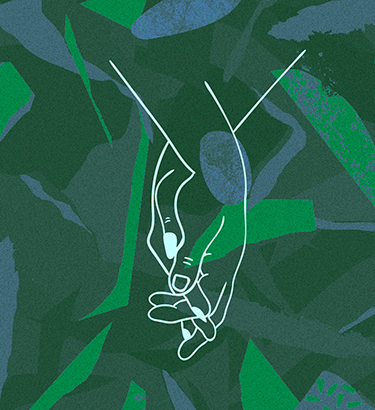Consent education teaches people how to set clear boundaries, stop sexual encounters when they choose to and prevent themselves from harming others. Having consensual sex is an agreement between two or more participants. This should be clearly communicated with an affirmative expression of consent.
Developing this practice is a complex process hindered by poor sex education in schools, hesitant parents ill-equipped to educate and the enduring taboo attached to discussing sex openly.
Disabled people, of which there are about 1 billion globally, face additional barriers to developing healthy consent practices. Barriers to well-informed consent add to higher rates of sexual assault and domestic violence among disabled people. Disabled women are at greater risk of experiencing rape than nondisabled women, with an estimated 39 percent of female rape victims being disabled, according to a 2018 study by the Centers for Disease Control and Prevention (CDC).











